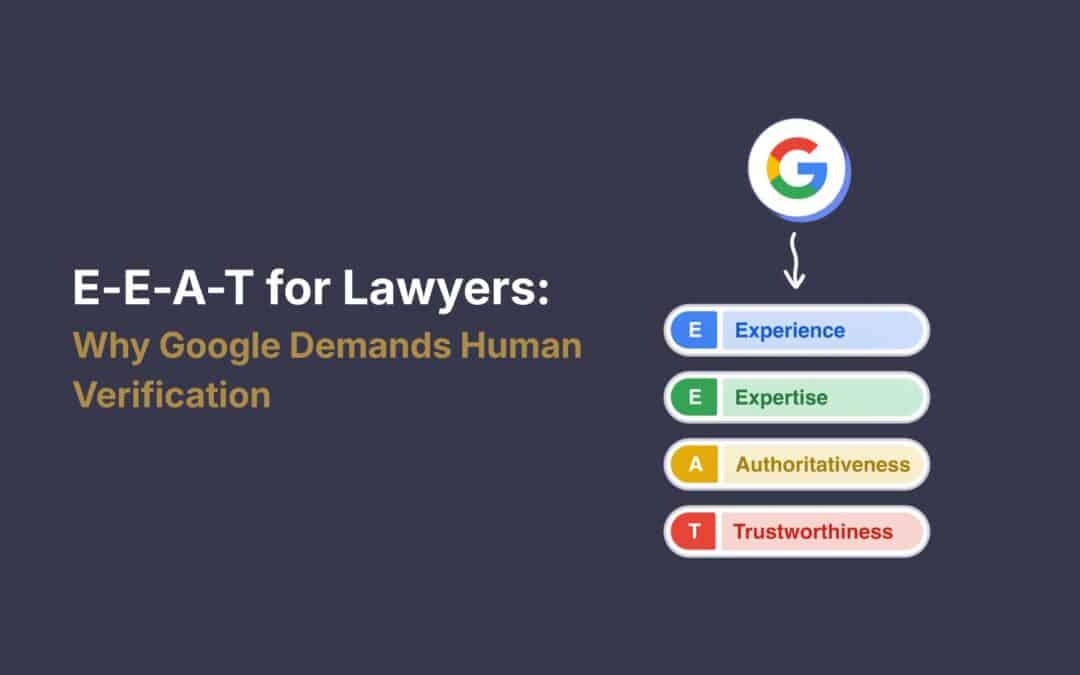What is mobilegeddon?
In February Google announced a plan to release a new search ranking algorithm designed to reward mobile friendly web pages. The announcement was designed to give website owners time to make their websites mobile friendly.
The technology community considered the change to the way Google will rank websites in mobile search to be so significant they gave it a name – mobilegeddon.
When deciding how to rank a website after a user types in a search query Google takes into account multiple factors. They use a sophisticated search algorithm to sort and rank these factors to provide the best search result based on what they believe the user is looking for.
The new algorithm is a mobile friendly ranking algorithm that’s designed to give a boost to mobile friendly pages in Google’s mobile search results.
The changes came into effect on the 21st of April 2015
Why is this relevant to law firm websites?
In late 2014 the landscape in which businesses operate changed forever when Internet usage on mobile devices exceeded PC usage. In most western countries 50-60% of searches is conducted on a mobile device now, with that number rising every year.
The most recent Sensis eBusiness Report found that 76% of Australians now own a smartphone and Google predicted that mobile search would exceed desktop queries in 2015.
Not ranking well in those search results as a result of this mobilegeddon update means you’re not ranking well for the majority of people searching for your services.
This is not just an issue for law firm websites with the Sensis eBusiness Report finding that only 26% of small to medium businesses in Australia have a mobile-specific website up from 17% last year.
If you’re a law firm with a website that isn’t optimised for mobile searches, now is the time to get it fixed because you could be missing out on a lot of potential clients and returning website traffic.
Does mobilegeddon affect desktop search?
This mobilegeddon update will probably not affect desktop search directly, it’s designed to affect searches on mobile devices.
However, Joost de Valk, developer of many WordPress plugins and an authority on WordPress & website optimization believes that the other ranking factors used by Google might be impacted if people are searching for you on mobile and can’t find you because you are being penalised for not being mobile friendly then your traffic will suffer and your ranking will drop.
How do you know if your website is mobile friendly?
Make sure your website isn’t affected by checking that it works on mobile screens. If you have a website that you continually need to resize on a mobile device then the chances are it is not mobile friendly.
You can also check by searching for your own website on a mobile device, if it is mobile friendly then just below the website address before the description will be some grey text that says “Mobile-friendly”.
Google have a Mobile Friendly Check Tool where you can test whether they consider your web pages to be mobile friendly. This check will give your site the all clear if it complies with their criteria. If not, it will outline all the things you need to do to make it mobile friendly.
What should you do if your website is not mobile-friendly?
If you have been thinking about upgrading your website then now is the time to do it. If you didn’t have any plans to upgrade but you fail the mobile-friendly test then you should review your options.
Make sure you get your web developer to go through the list and fix everything if you can. In some instances it will be better to start again, giving you the perfect opportunity to upgrade your presence on the web.
Responsive website design
If you are using one of the popular content management systems for your website, like WordPress or Joomla, and you keep it up to date then it is highly likely that your website will use a technique called responsive design. Responsive websites adjust the content and layout of their pages to best suit the screen size they are being viewed on so that it is a good experience for the viewer on all devices.
Google highly recommends having a responsive website design as its preferred design option followed by having separate mobile and desktop versions of the website.
Conclusion
There has never been a better time to upgrade your law firm’s website or even establish your first one. The days of potential clients looking for legal service provider’s offline are gone.
Your law firm’s website is the best way to make an immediate impact online, to showcase who you are, what your firm does and why a potential client should pick you ahead of your competitors.
The use of mobile search will only increase, make sure you can be found!
About the author

Brian Hicks
Brian has more than twenty years’ experience in marketing and management across diverse industries including legal, real estate, tourism and technology. Brian lives in Sydney with his wife and two daughters.












